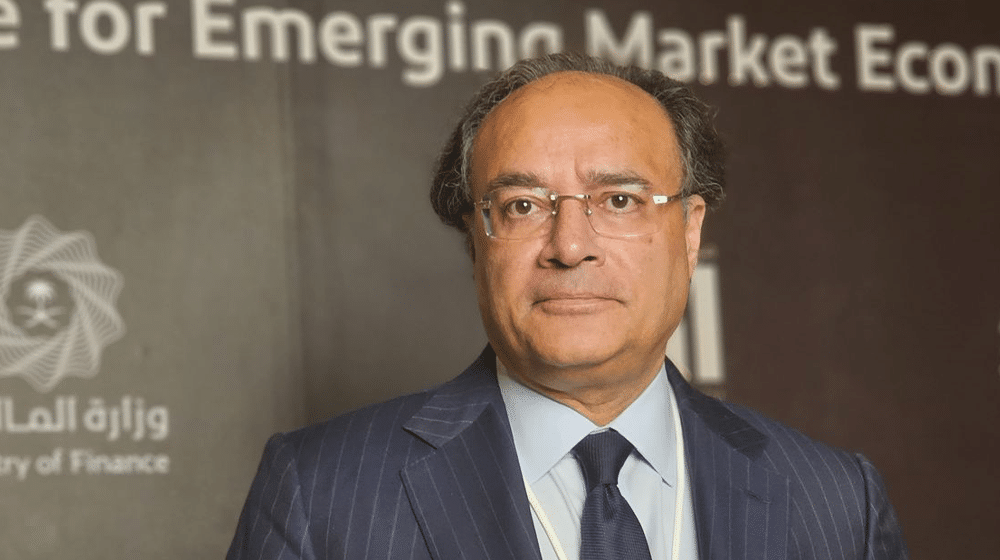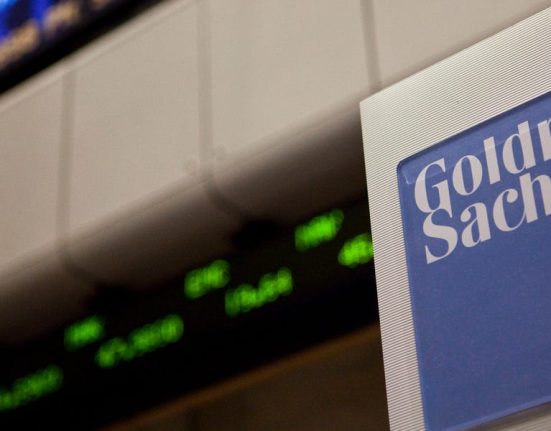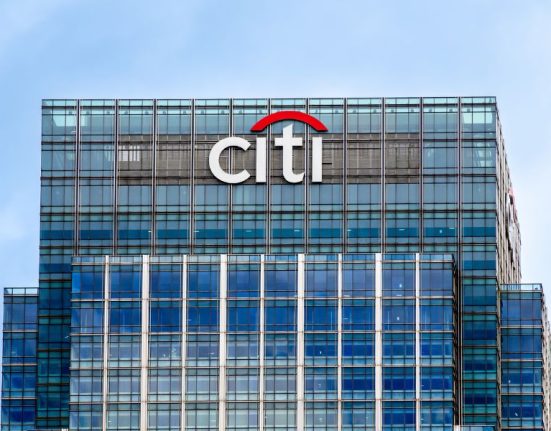Federal Finance Minister Muhammad Aurangzeb has expressed optimism about Pakistan’s economic trajectory, stating that the State Bank of Pakistan (SBP) is actively working on the exchange rate and interest rate, with further improvements expected in the near future.
The finance minister made these remarks while inaugurating the Job and Education Expo at the Expo Center in Karachi, an event organized by the Pakistan Hindu Council. The expo featured around 120 stalls set up by various institutions and companies, providing opportunities for students to explore career and educational prospects.
Speaking to the media, Aurangzeb lauded the organizers and described the event as a platform to engage with the country’s future leaders. He acknowledged the participation of both public and private institutions but noted the absence of the corporate sector, urging its greater involvement in such initiatives.
“Technology is the future,” Aurangzeb emphasized, encouraging the youth to work with passion and strive for excellence. He also highlighted the importance of women’s economic participation, calling it a key driver in eradicating poverty. Discussions with the World Bank to secure funding for initiatives promoting women’s empowerment are already underway, he confirmed.
The finance minister provided updates on the government’s economic reforms, including efforts to reduce circular debt in the power sector. He revealed that three distribution companies (DISCOs) are set to be privatized soon, while similar efforts are being made to address the longstanding circular debt in the gas sector.
He stressed the need to diversify beyond traditional banking systems to promote working capital, advocating for the inclusion of capital markets and a shift toward the Pakistan Stock Exchange mechanism for greater efficiency. “The corporate sector must step forward,” he said, adding that interest rates should not dominate the economic agenda.
On monetary policy, the minister clarified that the government has no role in setting interest rates, as this responsibility lies solely with the SBP. He reiterated that the exchange rate would remain market-determined and assured that Pakistan has sufficient funding available, with the focus now on utilizing resources effectively.
Aurangzeb confirmed that the International Monetary Fund (IMF) review mission would soon visit Pakistan as part of the ongoing 37-month program. He expressed confidence in the country’s economic stability, noting that the three major global rating agencies have issued positive outlooks for Pakistan.
Looking ahead, the finance minister shared his vision for Pakistan’s economic future, expressing hope that by 2047, the country would achieve the status of a developed nation. He also highlighted Pakistan’s robust anti–money laundering laws, which facilitated its removal from the Financial Action Task Force (FATF) grey list, and expressed confidence that the country would remain off the list.
Aurangzeb touched on the recent rainfall damage in Khyber Pakhtunkhwa, stating that his immediate priority is the rehabilitation of affected communities. However, he noted that it is too early to estimate the full scale of losses.
When asked about traders’ demands for a new province, the finance minister refrained from giving a direct response but emphasized the importance of sustainable growth over short-term fixes. “There is no button for growth,” he remarked. “The real focus should be on creating an enabling environment for sustainable development.”
Aurangzeb also praised public-private partnerships as a successful model and underscored the importance of embracing artificial intelligence (AI) to remain competitive in the global economy. “We are moving toward the AI world, and there is no room for doubt that we must move forward,” he said.
Despite economic challenges, Aurangzeb expressed confidence in Pakistan’s resilience. “Ups and downs are part of the journey, but talent remains unaffected,” he said, adding that economic stability has been achieved and the situation is steadily improving.






